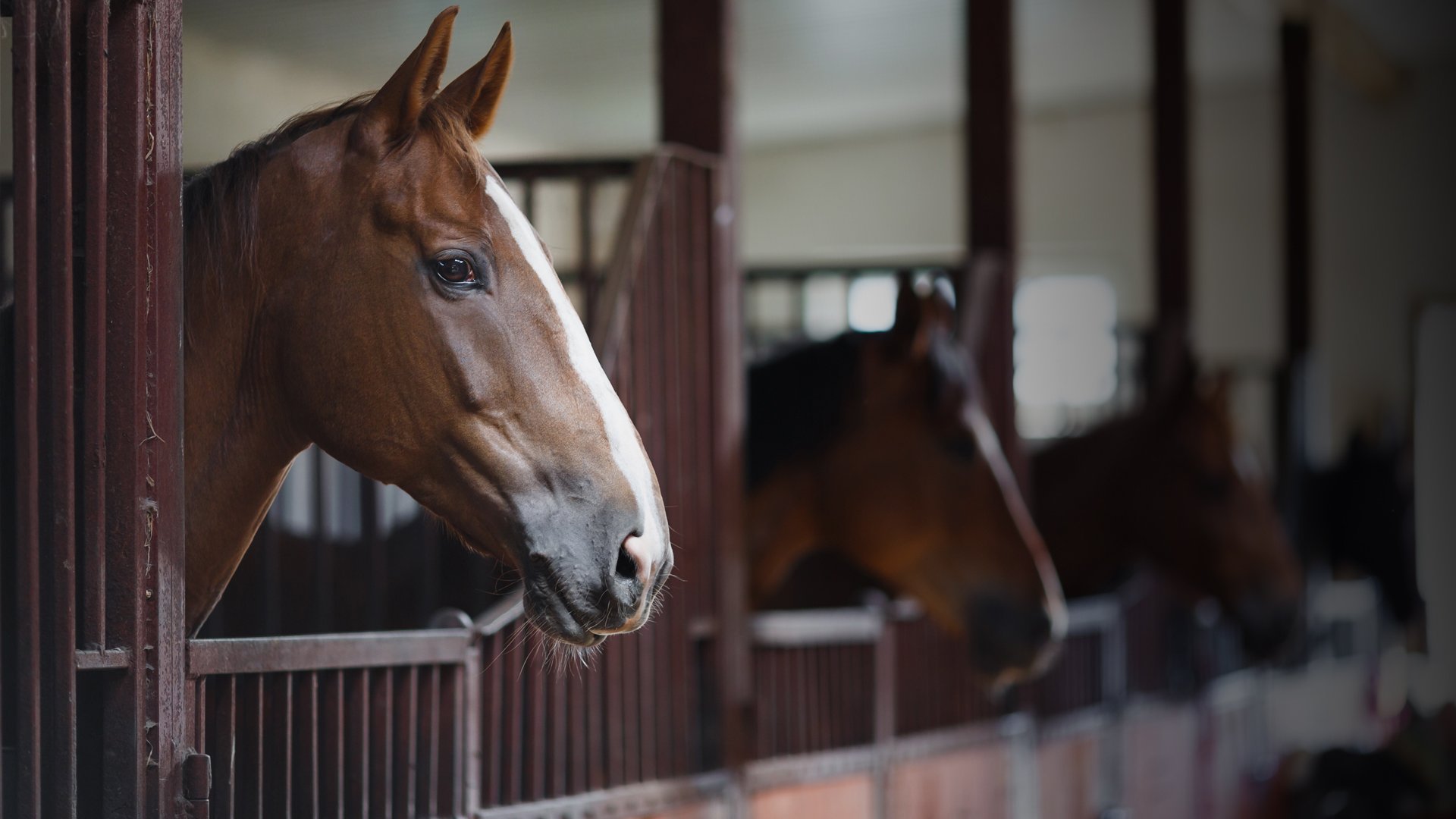
Holistic Approach to Equine Well-being
USING EFFECTIVE MICROORGANISMS FOR HEALTHIER HORSES
Naturally fermented products with beneficial microorganisms and bioactive substances that make your horse shine from the inside out.
EM Equibiome – prevent and strengthen from within
Equibiome's horse range is produced completely naturally and often gives positive results. All products can be combined with each other and given together with feed and other supplements. With the help of these, you can prevent many health problems in the horse's stomach, stable environment, fur and hooves.Our products are part of a holistic series where we add good microorganisms to create healthy environments in and on the horse, in the stable and out in the pasture. We work to end the cycle in a sustainable and regenerative way. High biological diversity in the diet and in the intestines is one of the keys to a well-being, healthy horse. We care about the horse's well-being and our products are based on the principles of the ecosystem.Effective Microorganisms (EM®)
Most of the products in the series contain Effective Microorganisms (EM®), a composition of benign microorganisms, such as lactic acid bacteria and yeasts. When these are added to the horse's environment, the natural balance and diversity of microorganisms in the intestines, on the skin, fur, hooves and in the stable increases. This contributes to a stronger immune system and better health, both physically and mentally.Equibiome is derived from the term Microbiome. That is the interaction between the micro-organisms on, around, and in living organisms. The Effective Micro-organisms (EM®) in this interaction play an important role.
Agriton has developed the Equibiome range; treatment protocols for the horse’s stable environment, pastures, feeds, and the horse itself. To accompany these microbiological products, Agriton also supply a range of 100% natural products to further enhance the soil-plant-animal manure cycle which can directly and indirectly benefit your horse.
Our Solutions.
Horse Health
Ensuring optimal health for horses is essential for their overall well-being and longevity. A healthy horse is not only better equipped to perform tasks such as riding, competition, or work but also experiences a higher quality of life. Proper horse health management involves various aspects, including nutrition, exercise, grooming, and veterinary care. A balanced diet tailored to individual needs provides essential nutrients for energy, growth, and muscle maintenance. Regular exercise not only maintains physical fitness but also supports mental stimulation and social interaction. Grooming routines, such as brushing, hoof care, and dental check-ups, contribute to hygiene and prevent skin issues, hoof problems, and dental abnormalities. Moreover, routine veterinary visits for vaccinations, deworming, and health assessments are vital for disease prevention and early detection of any potential health issues. By prioritizing horse health, owners can ensure their equine companions lead fulfilling lives free from unnecessary discomfort or illness.
Stable Health
Maintaining stable health is paramount for the well-being and performance of your horse. Just like humans, horses require consistent attention to their health to thrive. A healthy horse is not only happier but also more resilient to various challenges they may encounter, such as physical exertion, environmental stressors, and disease. Stable health ensures that your horse can perform at their best in various activities, whether it's competitive sports or leisurely rides. It encompasses proper nutrition, regular exercise, appropriate grooming, and attentive veterinary care. Neglecting any aspect of their health can lead to a range of issues, from decreased performance and discomfort to more serious medical conditions. Therefore, prioritizing stable health through a comprehensive care regimen is essential for the longevity and vitality of your equine companion.
Meadow health
Maintaining optimal meadow health is crucial for the overall well-being of horses that graze in such environments. A healthy meadow provides essential nutrients through diverse vegetation, ensuring horses receive a balanced diet. Additionally, it offers ample space for exercise and social interaction, promoting both physical and mental well-being. Proper management of meadows involves regular monitoring of grass quality, soil fertility, and water sources to prevent issues such as overgrazing, soil erosion, or contamination. By maintaining a healthy meadow, horse owners can help mitigate the risk of digestive problems, respiratory issues, and injuries associated with poor grazing conditions. Ultimately, prioritizing meadow health not only supports the horses' natural behaviors and physical health but also fosters a harmonious relationship between the equines and their environment.






